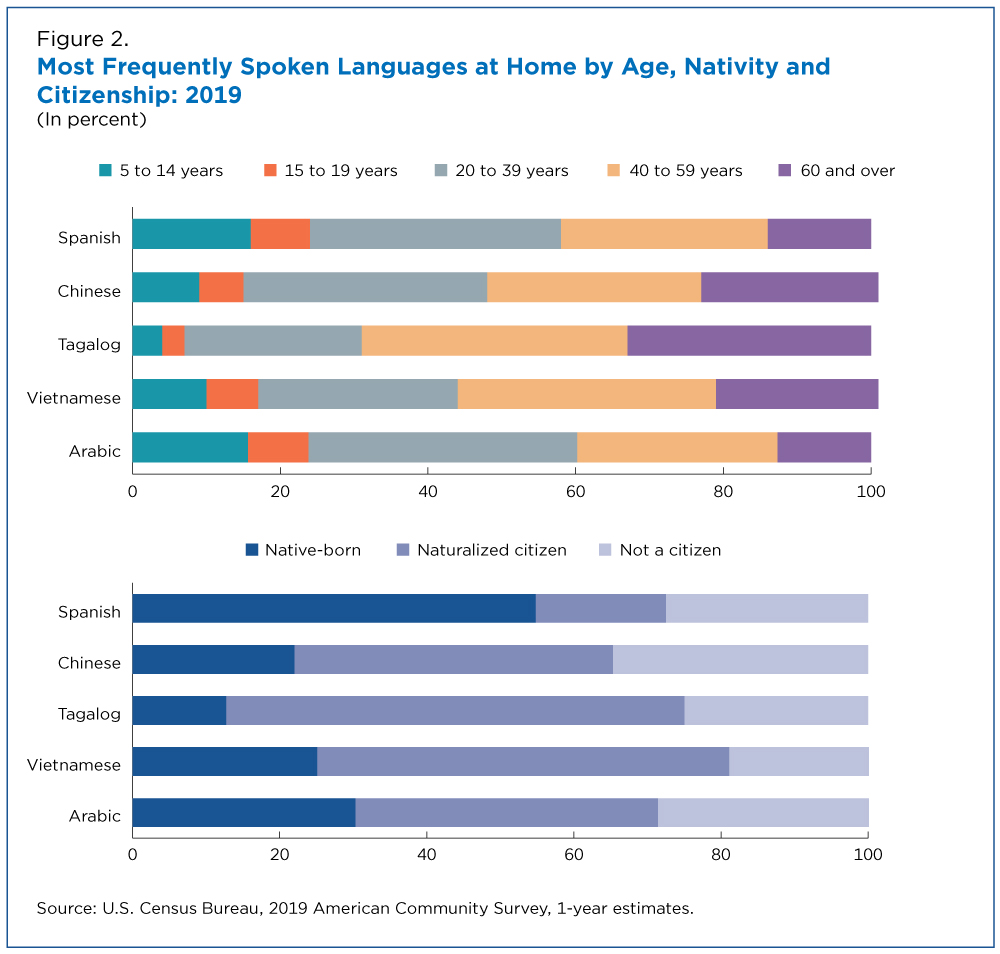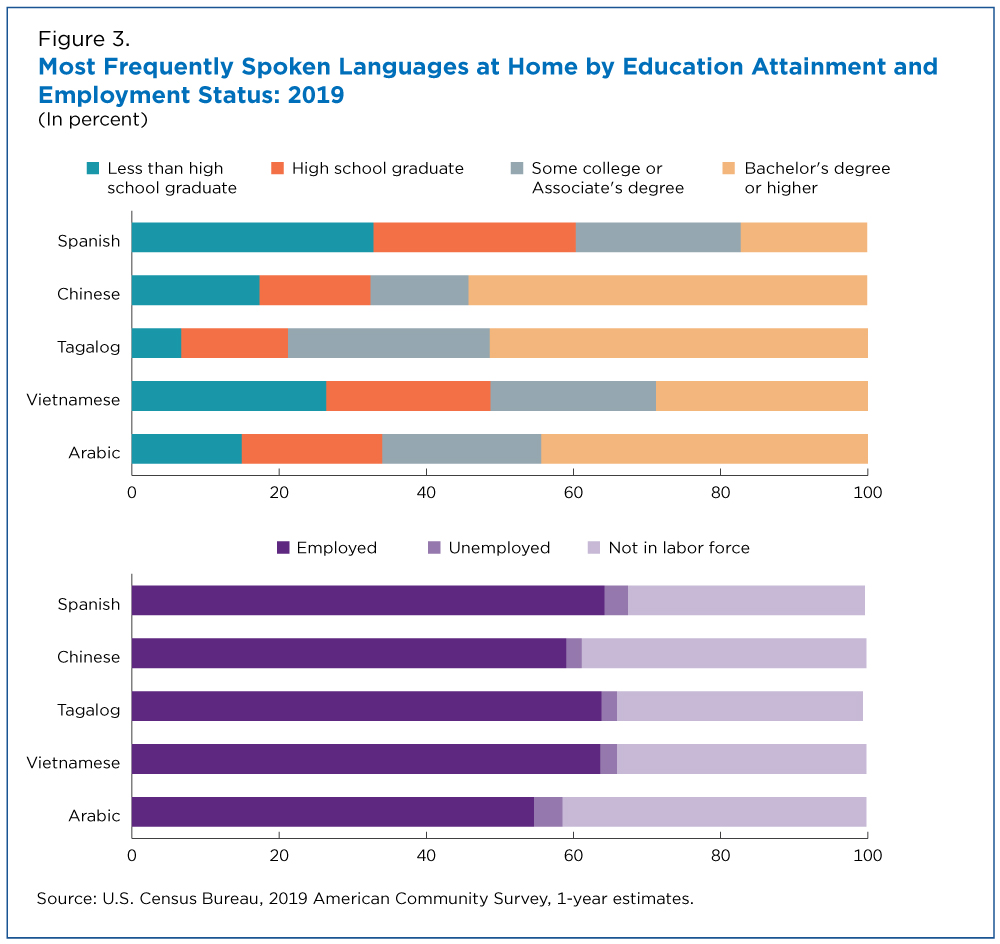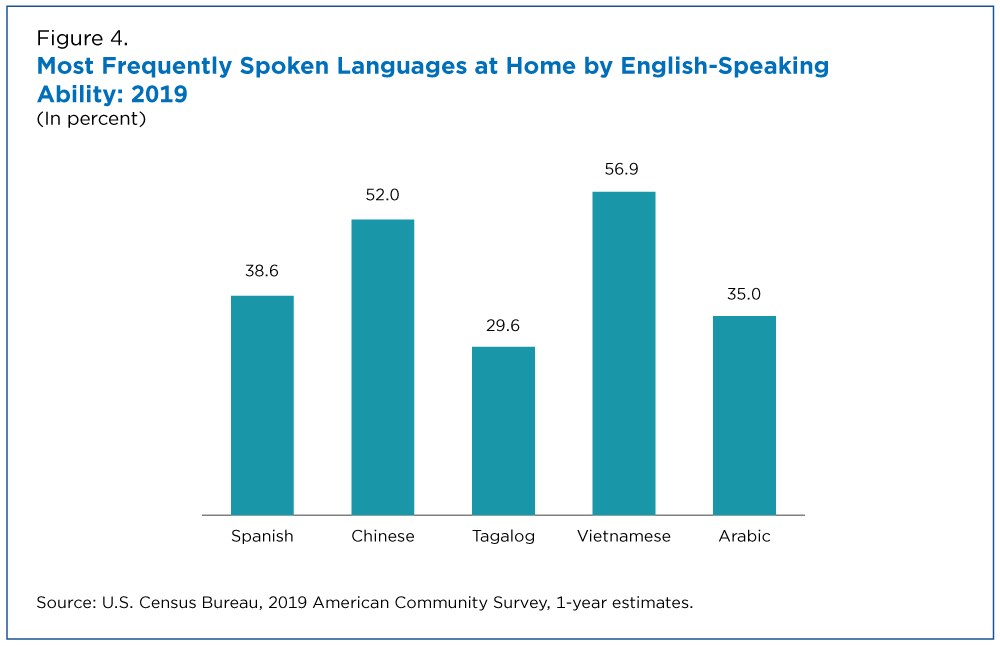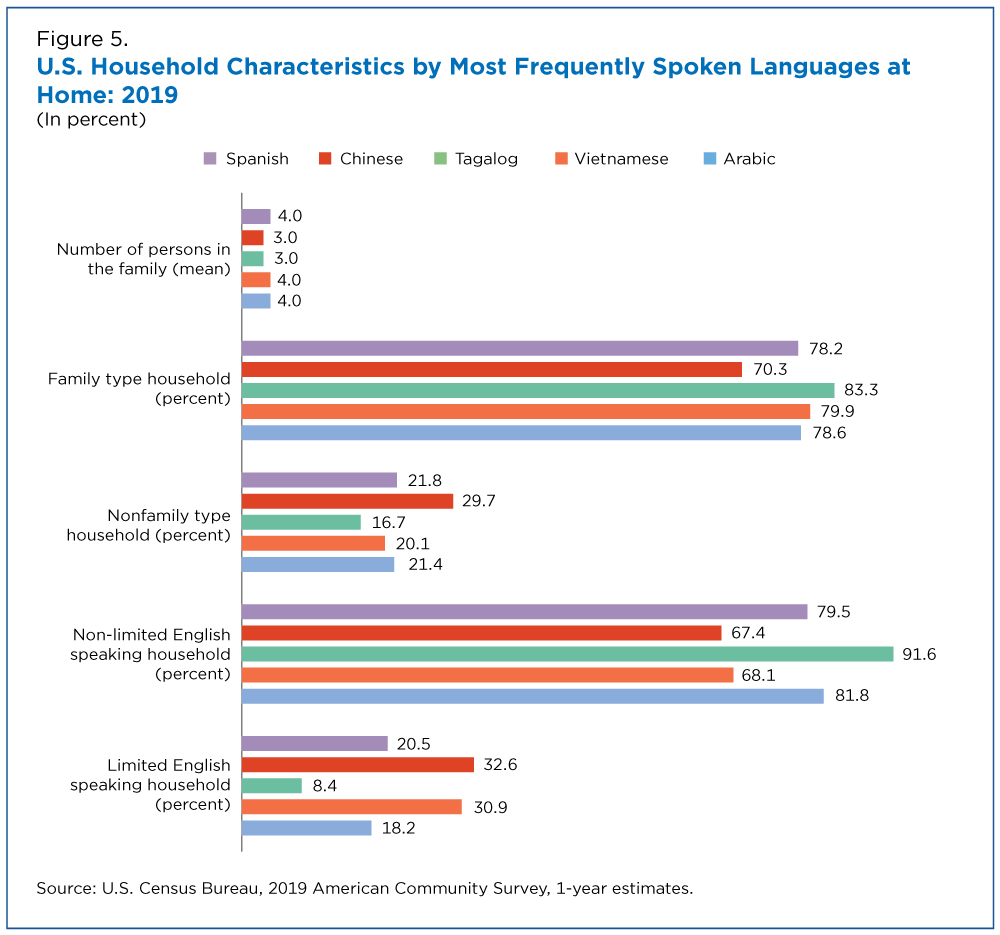 |
SKATE AMERICA Madison Chock and Evan Bates win US ice dancing title. |
It looks like ice dance champions Madison Chock and Evan Bates will be on the US Winter Olympics team in 2026 ... if they want to go.
That's a question the pair will have to ask themselves when the Olympic qualifying competitions begin in the next few years.
After their triumph by placing first at US Figure Skating Championships last weekend in San Jose, California, they are the favorites to represent the US at the Winter Games.
Chock and Bates, fourth at the Olympics and third at last March’s world championships, totaled 229.75 points between the rhythm dance and free dance. They prevailed by 22.29 over Caroline Green and Michael Parsons, the largest margin of victory in a U.S. ice dance since it was shortened from three programs to two in 2011.
“This is probably the best we’ve ever skated in our careers,” Bates said on NBC. “I think that’s the statement that we wanted to make.”
“I don’t know what the next four years will hold,” said Chock, whose full name is Madison La'akea Te-Lan Hall Chock, reflecting her mixed racial heritage. “But we’re committed to each other and our goals, and we’ll decide when the time comes.”
Chock was born in Redondo Beach, California where she went to high school. She is of Chinese-Hawaiian descent on her father's side and European descent on her mother's side. La'akea means "sacred light from heaven" and Te-Lan (德蘭) means "virtuous orchid."
When the 2026 Winter Games come around Chock, 34, and Bates, 37, competing against young athletes. They have been competing for a long time. And their trophy case is packed to the gills, with the only gaps a world title and an individual Olympic medal. And, most importantly, they are engaged to be married in the summer of 2024.
Bates, who last year became the oldest U.S. champion in any discipline in decades, has made 13 career senior nationals podiums with Chock and former partner Emily Samuelson. It is believed that breaks the US record for a single discipline that he shared with Michelle Kwan, Nathaniel Niles and Theresa Weld Blanchard.
In their career as an ice dancing team, they earned silver or bronze a total of three times.
Until this year, Chock and Bates had faced formidable rivals on the national scene – 2014 Olympic champions Meryl Davis and Charlie White; 2018 Olympic bronze medalists Maia Shibutani and Alex Shibutani; and 2022 Olympic bronze medalists Madison Hubbell and Zachary Donohue, with whom Chock and Bates traded gold medals over the previous four seasons. All have retired from competition.
After last weekend's competition, they've shown they are at the top of their game.
Those records matter less to Chock and Bates than what they’re hoping is a career first in March: a world championships gold medal.
“If we don’t win gold at worlds, we’ll be disappointed,” Bates, whose first senior nationals in 2008 came when new US women’s newly crowned singles champion Isabeau Levito was 10 months old, said earlier this month. “We’ve set the goal for ourselves in the past and haven’t met it yet.”















